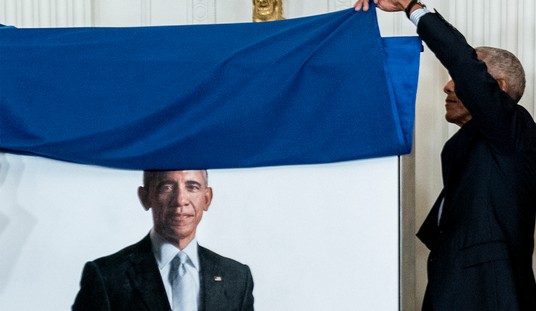California has an inventive new solution to the state's semi-permanent housing shortage: a state-sanctioned [shrug emoji] over what it might cost to build — or buy, or rent — new housing.
Signed into law by Gov. Gavin Newsom last summer, AB130 enacted "some of the most significant reforms to the California Environmental Quality Act (CEQA) in recent history," a Bay Area transportation commission reported back in July, "along with a broad range of additional changes to land use and housing law." A representative from the Bay Area Building Industry Association told KRON4 News said the law "does nothing but exacerbate the problem that we are currently having" with getting new homes built.
So if that made you think, "I bet that's gonna make everything more expensive, less certain, and take longer," come with me now as we explore Sacramento's most recent and resoundingly successful effort to make life worse.
"Vehicle miles traveled" is just a backdoor way to punish anyone who wants to live beyond dense urban cores.
Buried in AB130 is a Vehicle-Miles Traveled (VMT) tax on housing construction, which seems odd because most housing units are neither vehicles nor travel enough miles to bother with. But the VMT is really an impact tax on housing "deemed to have high vehicle miles traveled," according to a California Globe report. In other words, any new house or apartment that isn't built within walking distance of mass transit could have a big new tax slapped on it.
Sacramento escalated its War on Suburban Living to tactical nukes.
Funds raised by the VMT are supposed to go to mass transit projects, but California corporate law firm Nossaman LLP already determined that AB130 "stops short of creating a meaningful subsidy for infrastructure needed to deliver new housing projects." So let's call the VMT what it really is: a slush fund for local governments, paid for by renters and homeowners who already pay some of the highest rents and mortgages in the country.
How big is the tax, anyway?
Well, that's where things get truly confounding.
State Sen. Tony Strickland (R-Huntington Beach) warned that the VMT "could potentially add $16,000 per unit." But the Coalition for Affordable, Reliable, and Equitable (CARE) Housing warned that the tax could hit $324,000 per unit, which it called "a crushing burden." Republican assemblyman Carl DeMaio (San Diego) did the math and found that "At today’s mortgage rates, that single hidden tax turns into over $700,000 paid over a 30-year loan."
$16,000? $324,000? $700,000-plus? That's quite the discrepancy. But nobody knows what the VMT tax will cost because that’s how Sacramento wants it.
What those wildly different estimates add up to is this: Ain't nobody knows what the VMT will cost because AB130 leaves it up to local authorities to determine how hefty a VMT tax to impose. The law requires the Governor’s Office of Land Use and Climate Innovation to come up with guidelines by next summer, but until then, everything is in limbo — and there's no telling how greedy local governments might get.
Nossaman also found that "the cost of VMT mitigation will not increase the cost of housing or inhibit housing development at the scale needed to address California’s housing shortage, particularly in lower income real estate markets," but that the law's "project-by-project mitigation can impose a very large cost on builders and the ultimate home-owner."
So it isn't just the VMT tax that nobody knows, it's the cost — in time and money — of compliance.
Have any more great ideas for mitigating your state's housing shortage, Gov. Newsom?
Recommended: Shock Report: Locking Up Criminals Reduces Crime
Want more of the unvarnished truth? Get exclusive columns, podcasts, and video live chats with your PJ Media VIP membership — now 60% off during our FIGHT promotion.










Join the conversation as a VIP Member